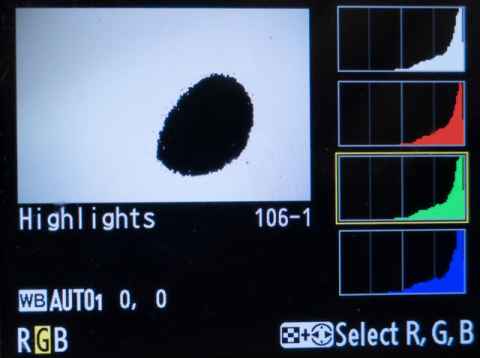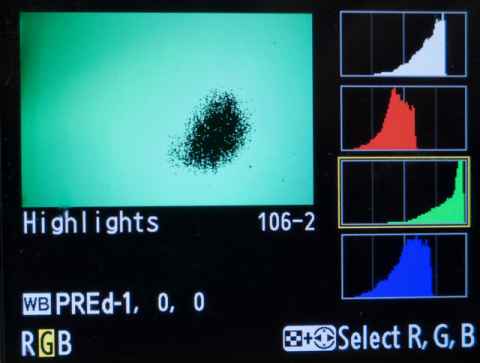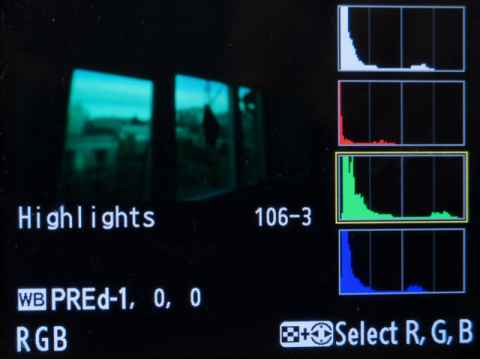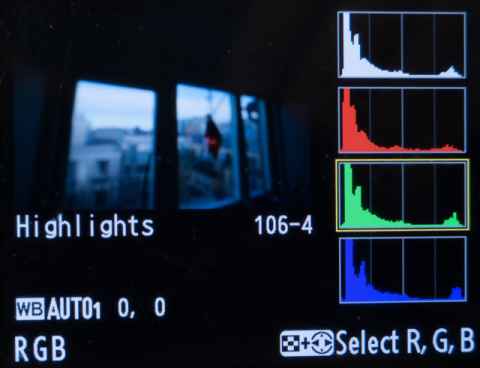A while ago I tried UniWB in an attempt to better utilize my camera's dynamic range. Lately, however, a couple of incidents caused me to question whether UniWB really worked the way I thought it did on my Nikon D600.
So I put it to the test by taking sample exposures and increasing the exposure time until it clipped in both uni-wb and auto-wb, and then analyzed the resulting RAW file.
The question was - if I used the UniWB setting, and the highlight clipping display on the D600, how much more dynamic range would I get compared to leaving white balance on auto?
The somewhat disappointing answer was: about 2/3rd stops less - the highlight display on the D600 starts showing highlight clipping much too soon when in UniWB.
These are the results. Note that the Nikon D600 shoots 14-bit RAW, making the highest value for any channel 16384. The goal is to get as close as possible to that value.
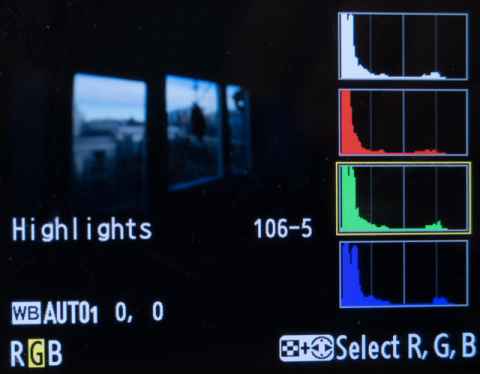
1/640s - maximum exposure with Uni WB, but captured with Auto WB: first shutter speed where green channel clips. Green values in RAW: 6-5118
This is just a sanity check. If the green values were different from the previous 1/640s exposure, the green channel values would be bad. Setting different white balance on the camera should not affect RAW values.
